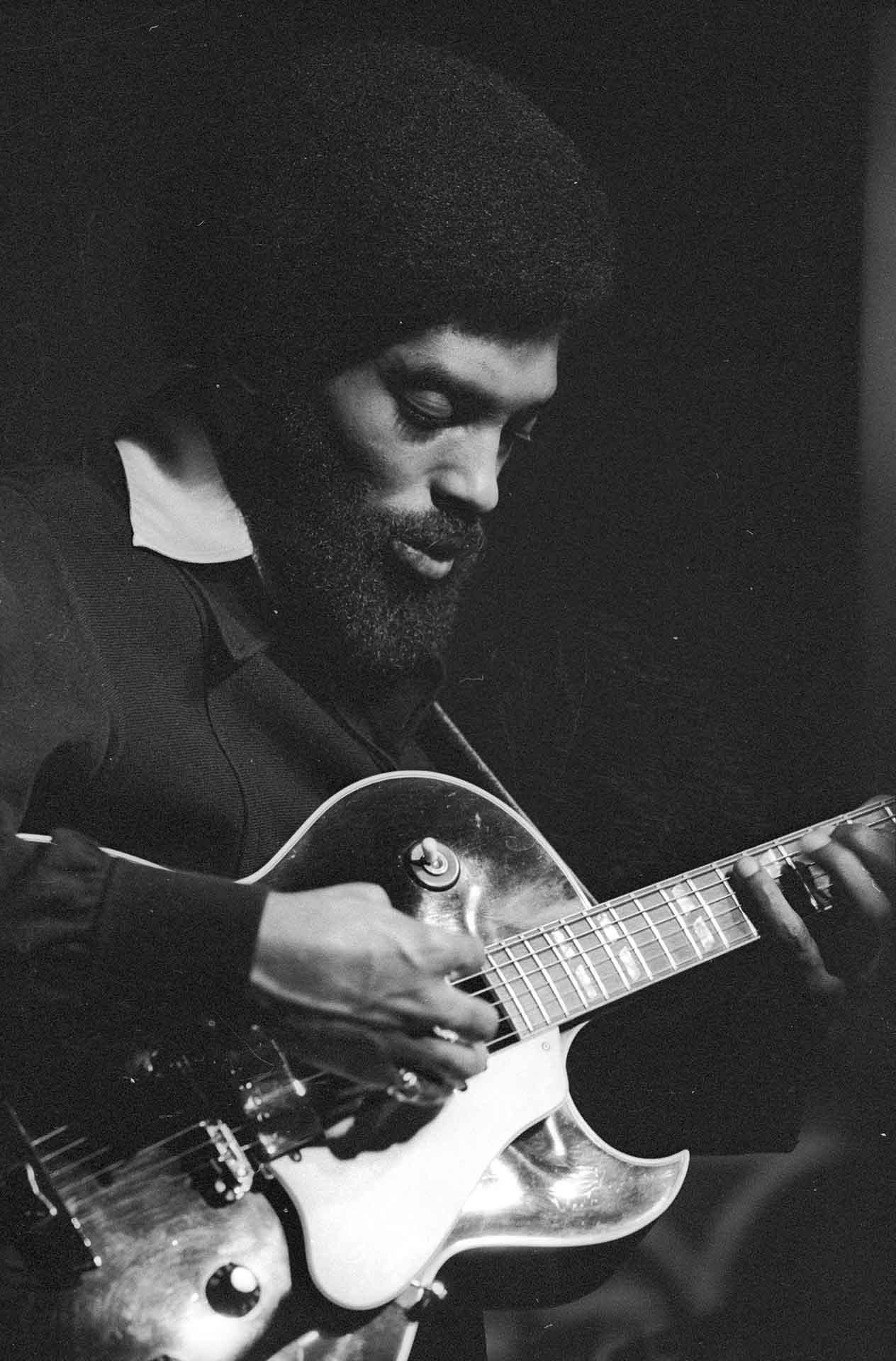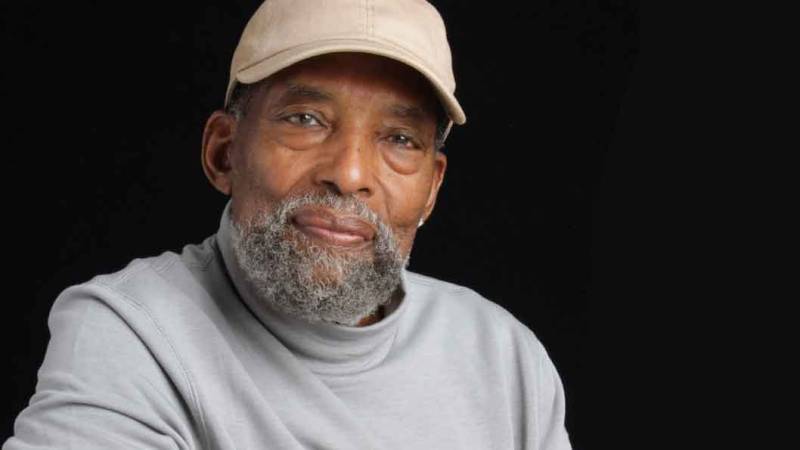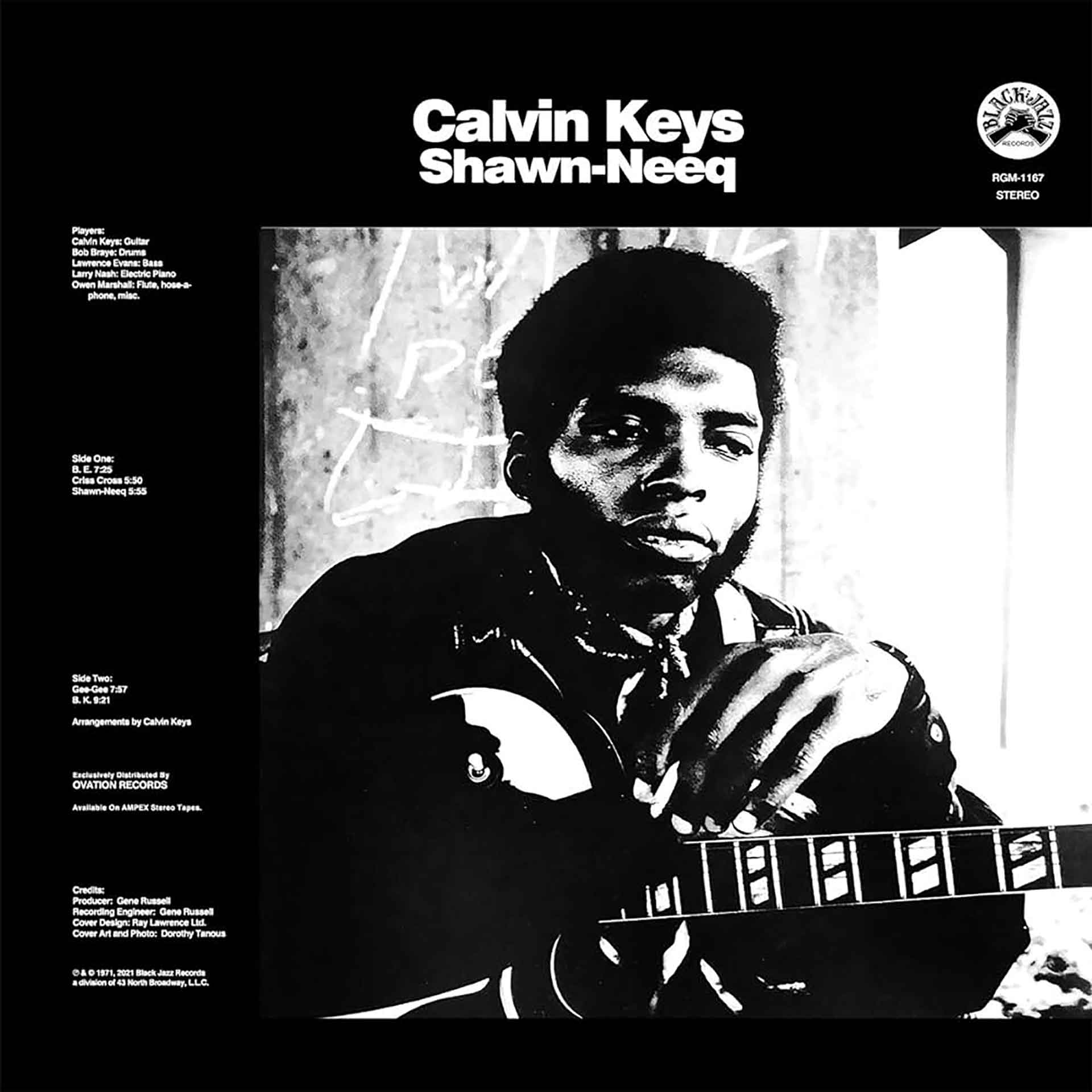Calvin Keys, the Oakland-based jazz guitarist who worked with giants like Ray Charles and Ahmad Jamal, and who possessed a unique style both on stage and records, died Sunday afternoon. He was 82.
Keys was surrounded at Berkeley’s Alta Bates Medical Center on Sunday by family and loved ones from the Bay Area music scene, said his close friend and musical collaborator, Art Maxwell. The cause of death was complications due to a stroke.
“The world has just lost a wonderful person and musician,” said the bassist Henry Franklin, who played and recorded with Keys. “He was very prolific on his instrument, very inventive, and I’m sure he’s got one of the first seats in the big orchestra in the sky.”

In addition to Ray Charles and Ahmad Jamal, Keys played with the likes of Donald Byrd, Lou Donaldson, Bobby Hutcherson, Tony Bennett, Earl “Fatha” Hines, Joe Henderson, Carmen McRea, Pharoah Sanders, Freddie Hubbard, Woody Shaw, Eddie Henderson, Stanley Turrentine and many, many others.
Maxwell remembered first seeing Keys at Laney College in Oakland in 1978, and later joining his band for shows at 57th Street Gallery and Geoffrey’s Inner Circle. Eventually he would become Keys’ musical director, and played with him for the past decade.





